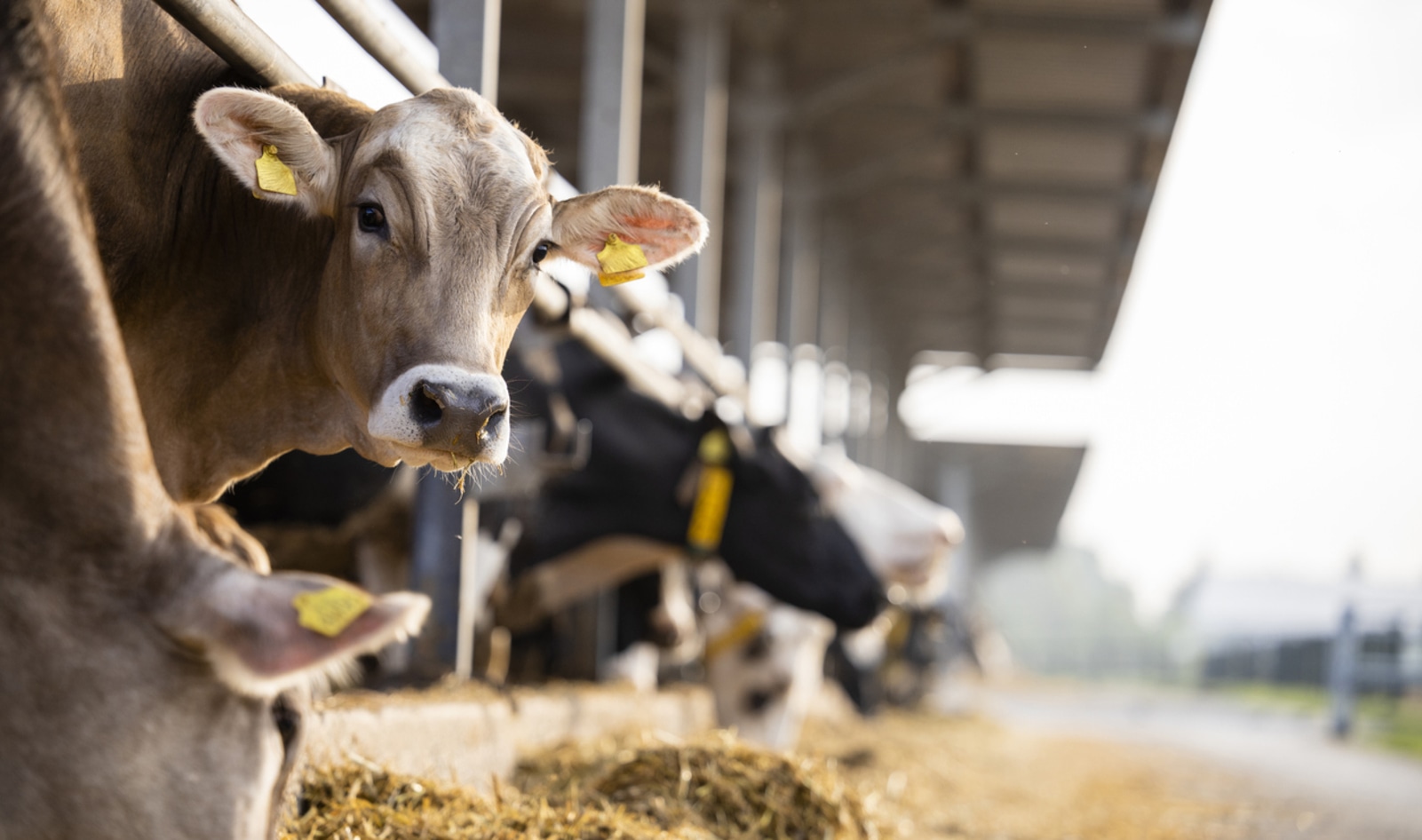NFACC posts new Codes of Practice for the care and handling of farm animals

Canada’s Codes of Practice provide critical guidance for the care and handling of farm animals. The Codes serve as our national understanding of animal care requirements and recommended practice
NFACC and the Codes
Canada’s Code development process is led by NFACC. Key components of the process are:
- the inclusion of scientific committees to review research on priority welfare issues;
- ownership of the individual Codes by the relevant stakeholders through their active participation in developing the Code;
- measurable components to facilitate the development of assessment programs; and
- a transparent process.
Science- and consensus-based commitment
The Code Development Committee and the Scientific Committee work together to develop a science- and consensus-based Code. The result is a Code that is scientifically informed, practical, and reflects societal expectations for responsible farm animal care.
“Codes of Practice are intended to promote sound management and welfare practices through recommendations and requirements for housing, care, transportation, processing and other animal husbandry practices”Collaborative approach to Code development
Broad representation and expertise on each Code Development Committee ensures collaborative Code development. The Code development process fosters relationships and understanding amongst all partners involved in farmed animal care.
Stakeholder commitment is key to ensure quality animal care standards are established and implemented. Stakeholders include farmers/producers, transporters, veterinarians, animal welfare and enforcement agencies, retail and food service organizations, processors, governments and researchers.
NFACC Code Development Process
The development of new Codes and Code revisions follow specific steps that are designed to make the process transparent, collaborative, science and consensus-based, and participative. Click here to view the steps.
Credible guidelines on animal welfare
Codes of Practice are intended to promote sound management and welfare practices through recommendations and requirements for housing, care, transportation, processing and other animal husbandry practices. Codes serve as educational tools, reference materials for regulations, and the foundation for animal care assessment programs.
Requirements – These refer to either a regulatory requirement, or an industry imposed expectation outlining acceptable and unacceptable practices and are fundamental obligations relating to the care of animals. Requirements represent a consensus position that these measures, at minimum, are to be implemented by all persons responsible for farm animal care. When included as part of an assessment program, those who fail to implement Requirements may be compelled by industry associations to undertake corrective measures, or risk a loss of market options. Requirements also may be enforceable under federal and provincial regulation.
Recommended Practices – Code Recommended Practices may complement a Code’s Requirements, promote producer education and can encourage adoption of practices for continuous improvement in animal welfare outcomes. Recommended Practices are those which are generally expected to enhance animal welfare outcomes, but failure to implement them does not imply that acceptable standards of animal care are not met.
Resources and links












